How To Build A Proxy Farm Using MiaProxy
Introduction
Proxies are an essential tool for businesses and individuals in today's digital age. They are used for a variety of purposes such as improving online privacy and security, bypassing geographical restrictions and IP bans, and for web scraping. Building a proxy farm, a group of proxies that can be used simultaneously, can be a profitable and efficient way to use proxies. In this article, we will explore how to build a proxy farm using MiaProxy, a highly customizable and reliable proxy provider.
Contact MiaProxy
The first step in building a proxy farm using MiaProxy is to contact the company directly. MiaProxy does not have a public account system, so it is necessary to reach out to them to discuss your needs and subscription options. They will provide you with access to their dashboard, where you can manage your proxies and subscriptions.
Choose your Proxy package
Once you have made contact with MiaProxy, you can choose the proxy package that best suits your needs. MiaProxy offers a variety of proxy packages, including residential and datacenter proxies, that can be customized to fit your specific requirements. You can choose the number of proxies, the location of the proxies and the duration of your subscription.
Set up your Proxy Farm
Once you have your proxies, you can set up your proxy farm. This can be done by configuring your scraping or automation software to use the proxies from your farm. You can also use a proxy rotator software to automatically switch between the proxies in your farm, making it harder for websites to detect and block your activity.
Monitor and maintain your proxy farm
It's important to regularly monitor and maintain your proxy farm to ensure that it's running efficiently and effectively. This includes checking for dead proxies and replacing them, monitoring the success rate of your proxies and making adjustments as needed. MiaProxy offers 24/7 support and monitoring to ensure the smooth running of your proxy farm.
Conclusion
Building a proxy farm using MiaProxy is a straightforward process that can be highly profitable and efficient. By contacting MiaProxy, choosing the right proxy package, setting up your proxy farm.

What are HTTP and HTTPS Proxies?
HTTP and HTTPS proxies are commonly used in the world of web browsing and internet access. While both types of proxies serve similar purposes, there are a few key differences between them

Parental Control At Home Using Proxy
Parental control is a crucial aspect of raising kids in today's digital age. The internet can expose children to inappropriate content and put them at risk of encountering cyberbullying, harassment, or worse. To keep children safe online, many parents use parental control software, which blocks certain websites or limits access to the internet altogether. However, these solutions can be circumvented or defeated, leaving children exposed to harmful content. A proxy server is a powerful tool that can be used to enhance parental control and protect children online

Choosing Proxies For Sneakers
When it comes to buying sneakers, you need to be quick, and the right proxies can help you achieve this. Proxies are essential in securing a sneaker purchase online, especially for popular releases that can sell out in minutes. In this article, we will discuss the factors you should consider when choosing proxies for sneakers, so you can improve your chances of getting your desired sneakers.

Managing Multi Accounts with MiaProxy
Managing multiple accounts on various platforms can be a daunting task, especially when it comes to maintaining the anonymity of those accounts. This is where a proxy comes in. A proxy allows you to access the internet through a different IP address, thus masking your actual location and making it appear as if the accounts are being managed from different locations

How Decentralized Residential Proxy Works?
A decentralized residential proxy is a new way of providing proxy services that utilizes peer-to-peer technology. Instead of relying on a central server, a decentralized residential proxy network is made up of multiple nodes, or individual devices, that work together to provide proxy services. This allows for a more robust and resilient network, as there is no single point of failure

